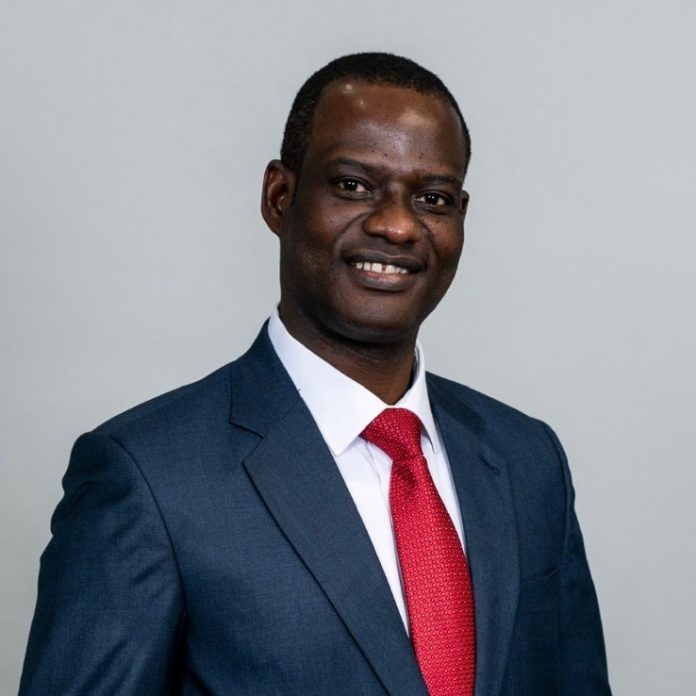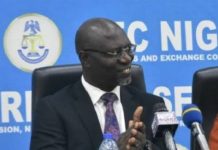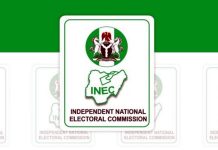President Bola Tinubu has authorized the establishment of a presidential committee on fiscal policy and tax reforms. The committee’s chairman is Taiwo Oyedele.
The chairman of the committee is PriceWaterhouseCoopers (PwC) fiscal policy partner and Africa tax leader Taiwo Oyedele.
Dele Alake, Special adviser to the president, declared the improvement in an explanation on Friday.
Alake said the panel will contain specialists from both the private and public areas and be liable for different parts of assessment regulation change, financial arrangement plan and coordination, harmonization of duties, and income organization.
He stated that the committee’s primary objective is to boost citizens’ tax morale, foster a healthy tax culture, and encourage voluntary compliance by increasing revenue collection efficiency, ensuring transparent reporting, and promoting the effective utilization of tax and other revenues.
Zacchaeus Adedeji, special adviser to the president on revenue, stated that Tinubu recognizes the significance of a sound fiscal policy environment and an efficient tax system for the economy and government’s operation.
“Nigeria positions extremely falling short on the worldwide simplicity of paying charges while the nation’s Expense to Gross domestic product proportion is perhaps of the most reduced on the planet and well underneath the African normal,” he said.
“This has resulted in an excessive reliance on borrowing to finance public spending, which limits the fiscal space because debt service costs consume a greater portion of government revenue each year, creating a vicious cycle of inadequate funding for socioeconomic development.
“While some steady advancement has been recorded throughout the long term, the results have not been sufficiently extraordinary to change the account.”
Adedeji listed multiple taxes and revenue collection agencies, a fragmented and complicated tax system, low tax morale, and a high prevalence of tax evasion as the main obstacles in Nigeria’s tax system.
He also mentioned the high administration costs of revenue, the lack of coordination between economic and fiscal policies, and the lack of accountability for how tax revenue is used.
“Our point is to change the duty framework to help reasonable turn of events and accomplish at least 18% Expense to Gross domestic product proportion inside the following 3 years without smothering speculation or monetary development,” the extraordinary consultant said.
“It should be noted that this committee will not only advise the government on necessary reforms but also drive their implementation in support of the current administration’s comprehensive fiscal policy and tax reform agenda,”
The development comes a day after Tinubu signed four executive orders, including the escalation of excise duties on locally manufactured products and the suspension of the 5% excise tax on telecommunication services.
The green tax on single-use plastics (SUPs) and the import adjustment tax (IAT) on some vehicles were also lifted by the federal government.













